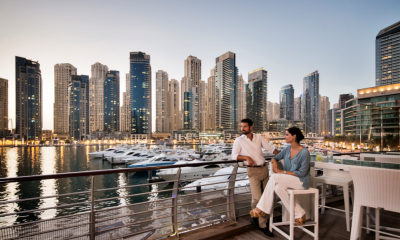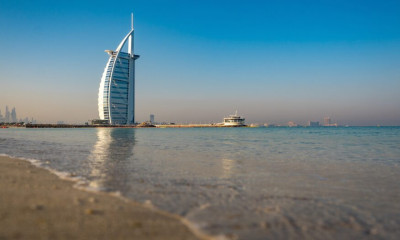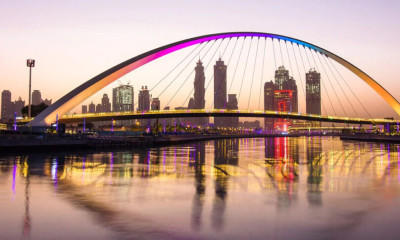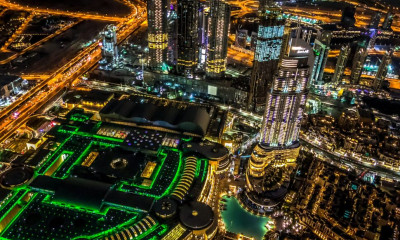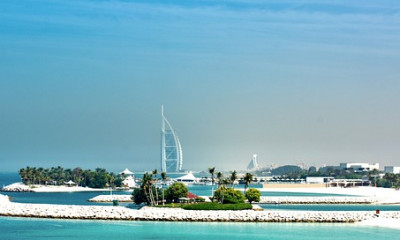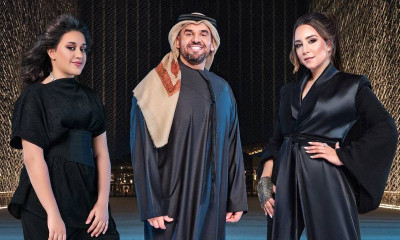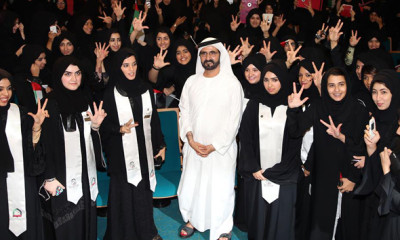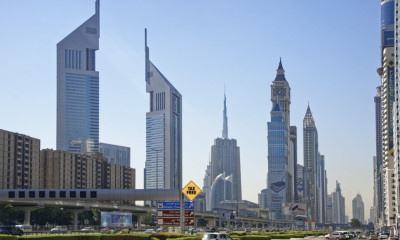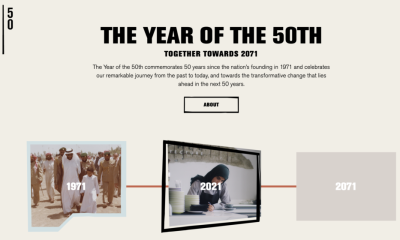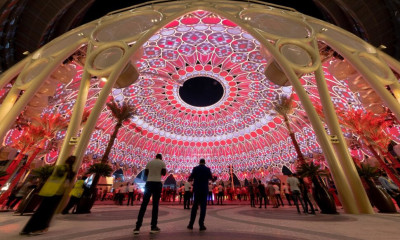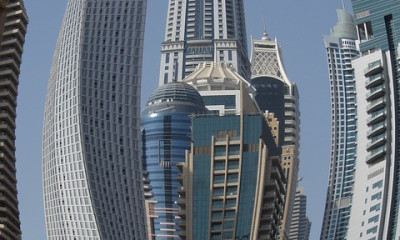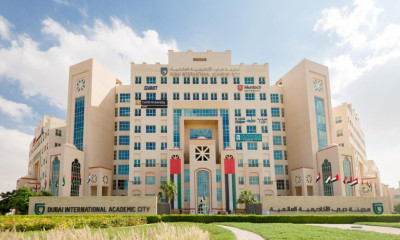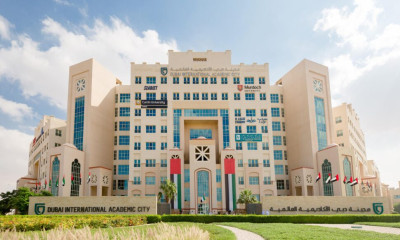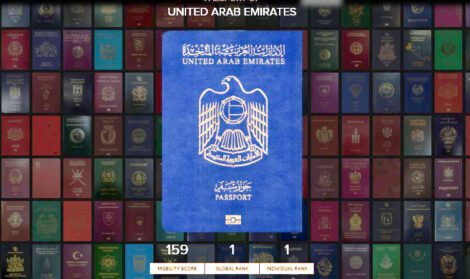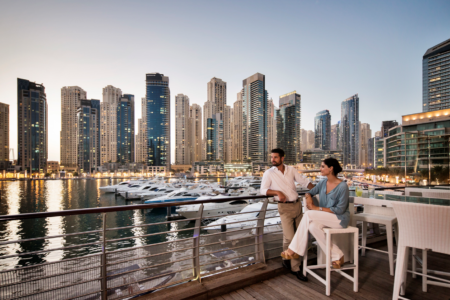
In September 2018, the UAE Cabinet approved a law to provide retired residents over the age of 55 a long-term visa for a period of 5 years. The visa may be renewed if the eligibility criteria is met.
With the 2020 launch of the Retire in Dubai programme – the first-of-its-kind in the Gulf region – eligible applicants can now apply to retire in the UAE. Dubai’s open-door policy means that retirees from any part of the world can finally relax and retire in the city of their dreams.
For a retiree to be eligible for a 5-year renewable retirement visa, s/he must fulfil one of the criteria listed below.
THE CRITERIA
Option A: Dh20,000 (approx. $5,500) monthly income from pension or previous employer
Option B: Dh1 million (approx. $275,000) savings in a 3-year fixed deposit
Option C: Dh2 million (approx. $550,000) unmortgaged property
Option D: A combination of Options 2 and 3 valued at least Dh2 million (approx. $550,000) in a 3-year fixed deposit and unmortgaged property.
THE APPLICATION PROCESS
The application procedure takes approximately 15 days. The visa is valid for five years and is renewable provided the visa-holder meets the eligibility criteria at the time of renewal.
All applications can be made via the official ‘Retire in Dubai’ website (https://www.visitdubai.com/en/sc7/retire-in-dubai).
The retirement visa programme has been introduced in Dubai by the Dubai Tourism and the General Directorate for Residency and Foreigners Affairs, and is part of a larger UAE visa reforms initiative.
THE FEES
Retirement Visa fee: Dh888.75
Medical Examination cost: Dh753
Emirates ID cost: Dh572.50
Health Insurance premium: Depends on service provider and the type of cover chosen
THE PRIVILEGES
The UAE Retirement Visa gives the eligible applicant the right to sponsor his/her spouse and dependent children. This means that the applicant’s immediate family can live in the country.

Each sponsored family member must have a valid health insurance that covers the UAE, as will need to apply for their individual Emirates IDs.
All members above the age of 15 years will need to undergo a medical examination before their visas are issued.
Do, however, note that ‘dependent’ children can be on their parents’ visa (employment, retirement or any other visa) only until they attain a certain age. Boys must be less than 18 years and girls less than 21 years old to be sponsored by their parents. If they exceed that age, they are not considered to be dependent and must therefore apply for their independent (student) visa.
The primary Retirement Visa-holders can continue to work if they are self-employed. They may also work as independent workers, advisors, or board members, depending on their experience and qualifications. The retiree will self-issue an NOC letter to allow them to continue to work in the UAE if they wish to.
According to the World Bank, the UAE is one of the top 10 countries in the world that will experience the largest increase in the share of people aged 60 and over between 2000 and 2050 – that’s a rise of more than 22 per cent.
And this was before the retirement visa was an option in the UAE. The country is now attracting an even greater number of retirees thanks to the new visa reforms. The skillsets and experience of people above 55 can be assets of great value to the nation, especially those that have spent years in this great country and have a grounding in its traditions and culture.
Until the option of a UAE retirement visa was introduced, many such retirees had to either return to their home countries or move on elsewhere. Since this option has been introduced, it is now possible to harness their skills and resources for optimum utilisation.
Now, retired residents over the age of 55 can get a long-term residence visa for a period of 5 years. The visa may be renewed if the eligibility criteria (mentioned above) is met.






